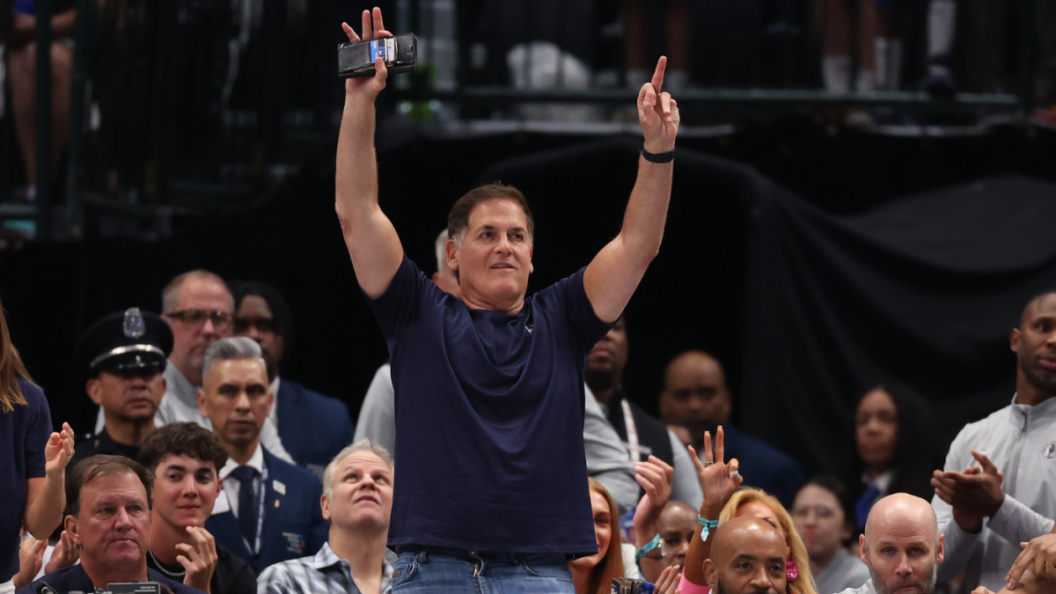Mark Cuban Doubts NBA Expansion Feasibility
Introduction
The ongoing discussion around potential NBA expansion continues to generate significant interest, yet real progress remains absent. League Commissioner Adam Silver recently indicated that team owners have instructed the league to explore expansion options, raising the prospect of adding at least one new team. However, Mark Cuban, a prominent minority owner of the Dallas Mavericks, has expressed skepticism regarding the near-term feasibility of such a move.
Cuban’s Concerns on Expansion Costs
During a recent appearance on the DLLS Mavs podcast, Cuban outlined his reservations, citing financial implications associated with expansion. He noted that an estimated expansion fee of $6 billion would merely transform into a loan obligation. Cuban questioned the rationale behind diluting revenue further among existing franchises, highlighting a critical perspective on profit distribution in the league.
“The expansion fee is just a loan… I give you 1/31 of the TV money, and then it’s only a question of how long it takes,” he explained. Cuban emphasized that if the television revenue remains static at $100 million per year, it would take 60 years to pay off the loan without interest, raising the dilemma of further splitting the existing revenue pie.
Impact on Salary Cap and Players’ Earnings
Cuban also addressed the impact of potential expansion on the league’s salary cap, which is a central element of the NBA’s Collective Bargaining Agreement (CBA). He pointed out that adding 32 teams would dilute basketball-related income (BRI).
“So if the cap is $170 million, but the basketball-related income hasn’t really increased… you’re reducing the cap,” he cautioned. This dynamic suggests that players could see their earnings diminish due to the increased number of teams, prompting a critical decision between accepting lower salaries or opting for greater employment opportunities.
Market Disparities and Ownership Dynamics
Cuban’s comments highlight the inherent disparities between larger market and smaller market teams. Bigger market teams like the New York Knicks and Los Angeles Lakers contribute significantly more to BRI compared to their smaller market counterparts, yet receive less in return. This imbalance could exacerbate tensions within ownership circles regarding the viability of expansion.
The restrictive nature of the current CBA already places financial strain on players, making franchises wary of generous spending, especially in light of the looming second tax apron. This summer, teams such as the Boston Celtics have actively maneuvered to avoid penalties’ repercussions, evidencing the caution with which franchises are currently navigating their budgets.
Future CBA Negotiations
Looking ahead, Cuban speculated that the possibility of expansion may prompt the players’ union to renegotiate the current CBA at its five-year mark in 2028-29.
“I would not be surprised if the players take the opt-out,” he remarked, indicating a potential shift in player strategy as they seek improved financial terms in future negotiations.
Alternative Growth Opportunities in Europe
While Cuban remains skeptical about NBA expansion in the United States, he expressed support for the league’s reported initiatives to explore a European league. He described this move as a new source of revenue, remarking, “We’re a global sport. So I think that’s a net positive if they can make it work.”
The NBA continues to strengthen its foothold in Europe, capitalizing on a wealth of international talent. This strategic pivot could shift focus away from domestic expansion efforts, potentially making financial sense for the league.
Conclusion
The prospects of NBA expansion remain murky, with influential voices like Mark Cuban casting doubt on current feasibility. As revenues, player earnings, and market disparities intertwine with future negotiations, the direction of the league could significantly shift. The move towards international growth may redefine expansion. As conversations continue, the balance between opportunity and financial sustainability will remain at the forefront of league discussions.









